According to Professor of Contemporary History Pierre Journoud at Paul-Valéry University Montpellier 3 (France), the historic victory of Dien Bien Phu not only ended the 9-year resistance war against French colonialism and US intervention in Vietnam and other countries on the Indochina peninsula, but also had a profound impact and changed the world. The close connection between fighting and negotiation made the Dien Bien Phu war a “war for peace ”.
 |
| The Geneva Conference (Switzerland) in 1954 discussed restoring peace in Indochina (Photo: Archive) |
History professor Pierre Journoud is the author of many books about Vietnam, including several about the battle of Dien Bien Phu such as: “Dien Bien Phu Memories: Witnesses Speak Out” (2004), “General De Gaulle and Vietnam: 1954-1969”, “Reconciliation”, “Dien Bien Phu - The End of a World ” and “The Art of War in Vietnam”.
Professor Pierre Journoud shared that at that time in France, the battle at Dien Bien Phu was still called the Indochina War. After 8 years of fighting a costly war without any fronts or victories, fatigue within the French Indochina Expeditionary Army had reached its peak. In May 1953, the French Government of Prime Minister René Mayer ordered the new Commander-in-Chief, General Nava, to establish a combat plan to improve the French military situation towards a favorable negotiation. At the same time, the French Government sought to convince its ally, the United States, that France was also considering ending this costly and almost hopeless war.
On November 29, 1953, President Ho Chi Minh expressed his support for negotiations for the first time in an interview with the Swedish newspaper Expressen. In the article, President Ho Chi Minh said that he was ready to sign a ceasefire if France sincerely wanted peace and that this goal must be achieved through negotiations between France and Vietnam.
Professor Pierre Journoud commented: The close connection between fighting and negotiation made Dien Bien Phu a “war for peace”. Because for both sides, this battle aimed at a comprehensive negotiation and a ceasefire. Therefore, the outcome and scale of this great battle promoted the final settlement in Geneva.
The Dien Bien Phu campaign in 1954 was clearly a world-changing event at the time. The battle completely shook regional and even global geopolitics. The impact of this campaign in the Asian region was already felt. The Dien Bien Phu battle led the United States to significantly increase its financial and material aid to France and, above all, to more carefully prepare plans for possible US military intervention in Vietnam, with or without French troops. In general, by the end of 1954, the United States had established itself as the leader in Southeast Asia, to the detriment of the European colonial powers, which began to refocus their interests on Europe and Africa.
Recently, French historians have referred to a second chain of influences in Africa. The impact of the first victory of the people in colonial Vietnam against the French Union army seems to have been a catalyst, even a source of encouragement, for the decision to launch armed resistance in Algeria as well as in Morocco and Tunisia. The African case has been less studied, but the fact is that the Vietnamese resistance and its victorious conclusion at Dien Bien Phu inspired the armed resistance of the Cameroonian independence and anti-colonial activist Ruben Um Nyobe, even though these struggles did not achieve any success.
Professor of contemporary history Pierre Journoud asserts: 70 years after the battle of Dien Bien Phu, it is difficult to have a single answer about the French view of this historical event. In general, I believe that the French feel little interest in the distant past, both in terms of time and space, which only concerns colonial soldiers who fought 10,000 km away. The most knowledgeable people know that the victory of Dien Bien Phu turned France back to other plans. By proactively establishing cooperative relations with the Democratic Republic of Vietnam and communist countries, in the context of strong public criticism of the US military commitment in the Indochina peninsula, General de Gaulle created conditions for France to resume relations with Indochina, 10 years after the Dien Bien Phu event, with a positive and humane view of the Indochina peninsula.
The two sides have fostered mutual respect and a sense of solidarity among former combatants. This explains why Dien Bien Phu has been turned into a cherished common historical landmark by politicians. During his official visit to Vietnam in February 1993, French President François Mitterrand visited Dien Bien Phu, followed by a half-day visit to both former battlefields by Prime Minister Édouard Philippe as part of his official visit to Vietnam in November 2018.
In his book “Dien Bien Phu - The End of the World” published in 2019, Professor of Contemporary History Pierre Journoud talked about the present and future of Vietnam and France, when the two sides bravely overcame painful memories to build an increasingly better friendship. Indeed, the relationship between the two countries has been closer since 1954. It was Mr. Pierre Mendès France, Prime Minister of France, and Deputy Prime Minister Pham Van Dong - Head of the Delegation of the Democratic Republic of Vietnam who laid the first bricks on this long-term path of reconciliation in July 1954. This was clearly demonstrated by the historic handshake between the two men at the Geneva Conference. Despite the real difficulties in bilateral relations at that time, the two countries still set long-term milestones in the fields of diplomacy, economy and culture, constantly expanding and deepening.
Source


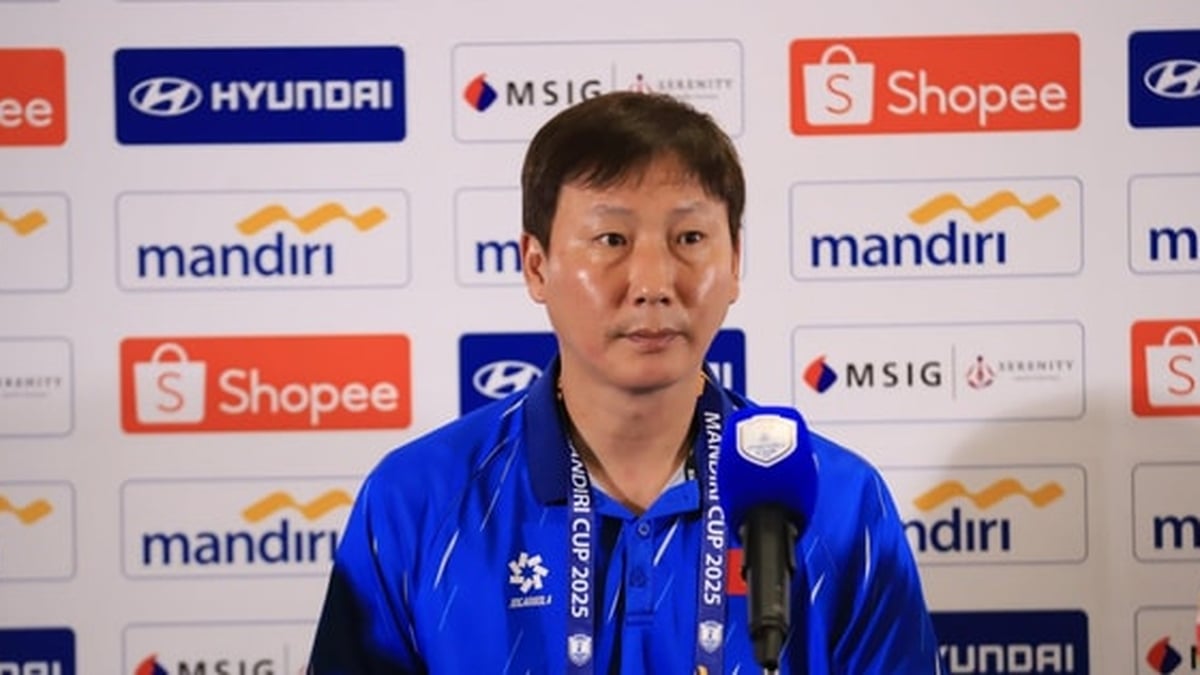
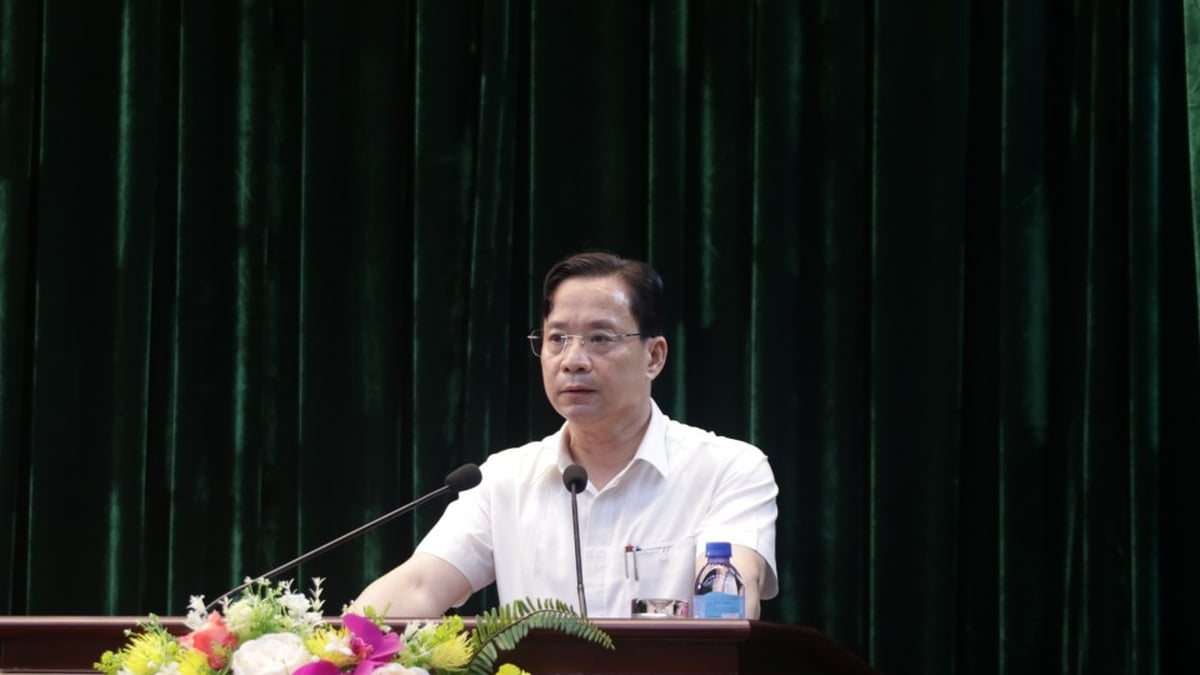
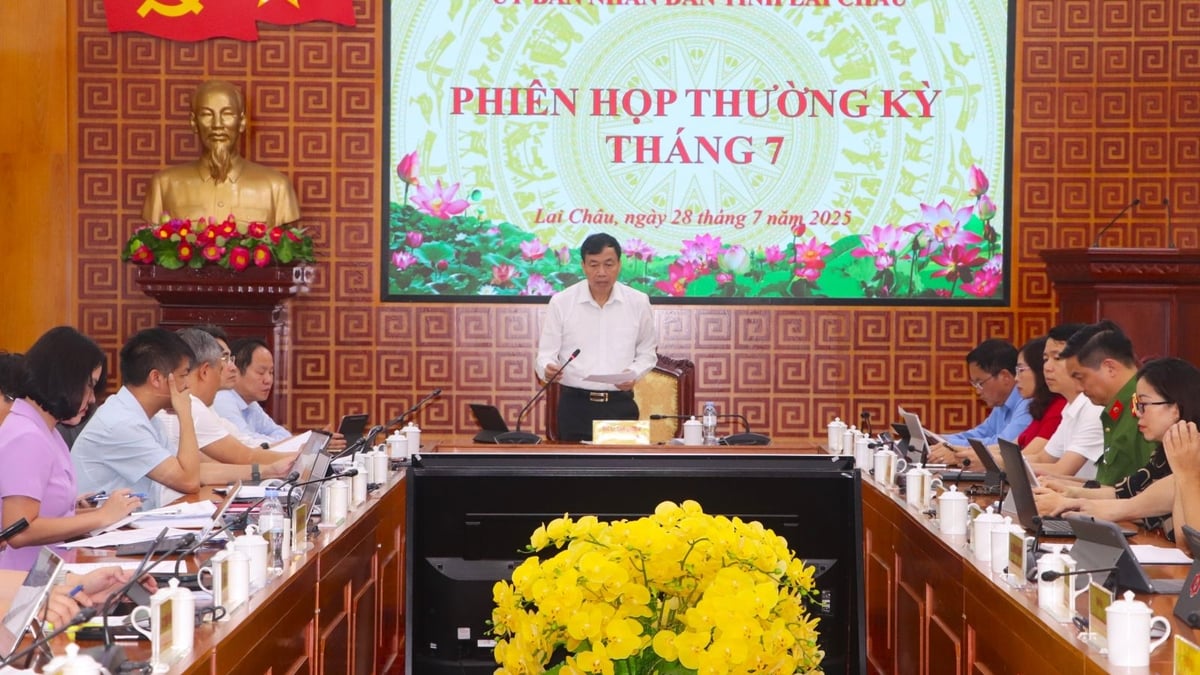
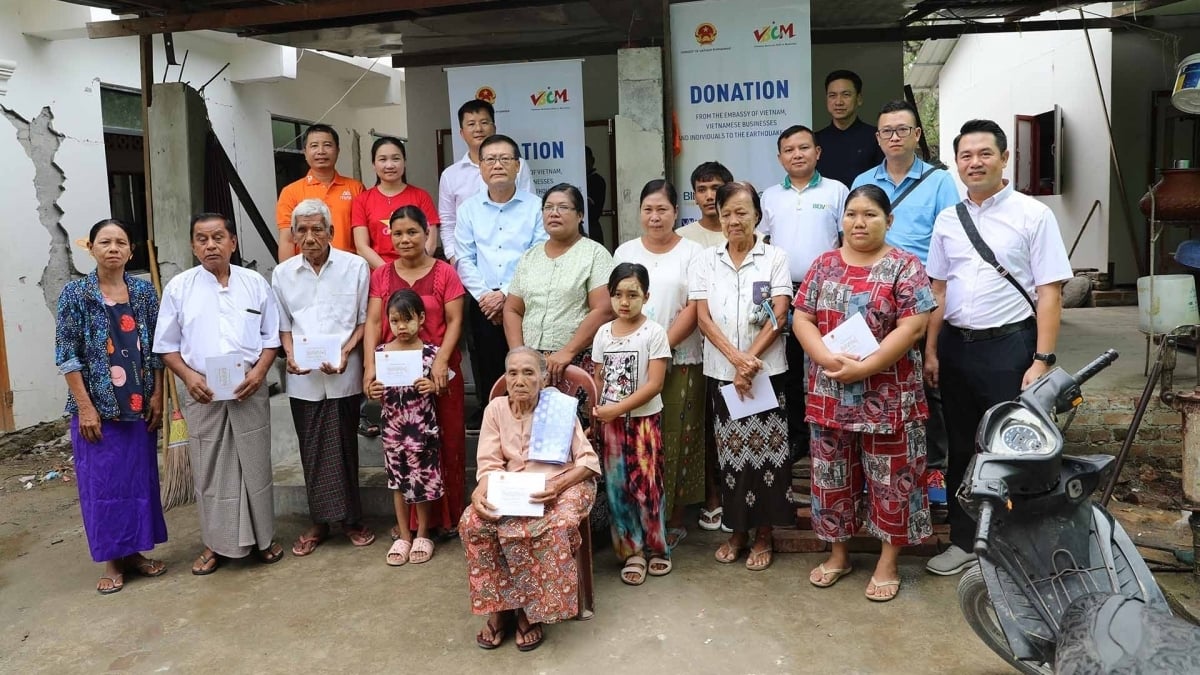

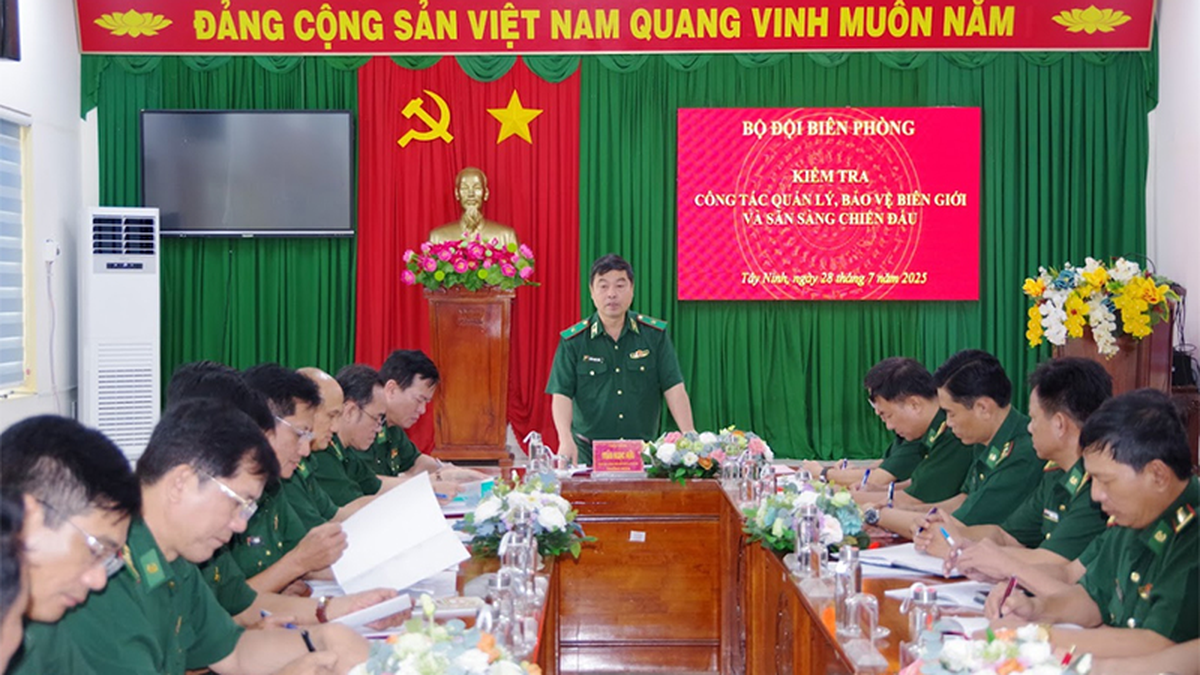

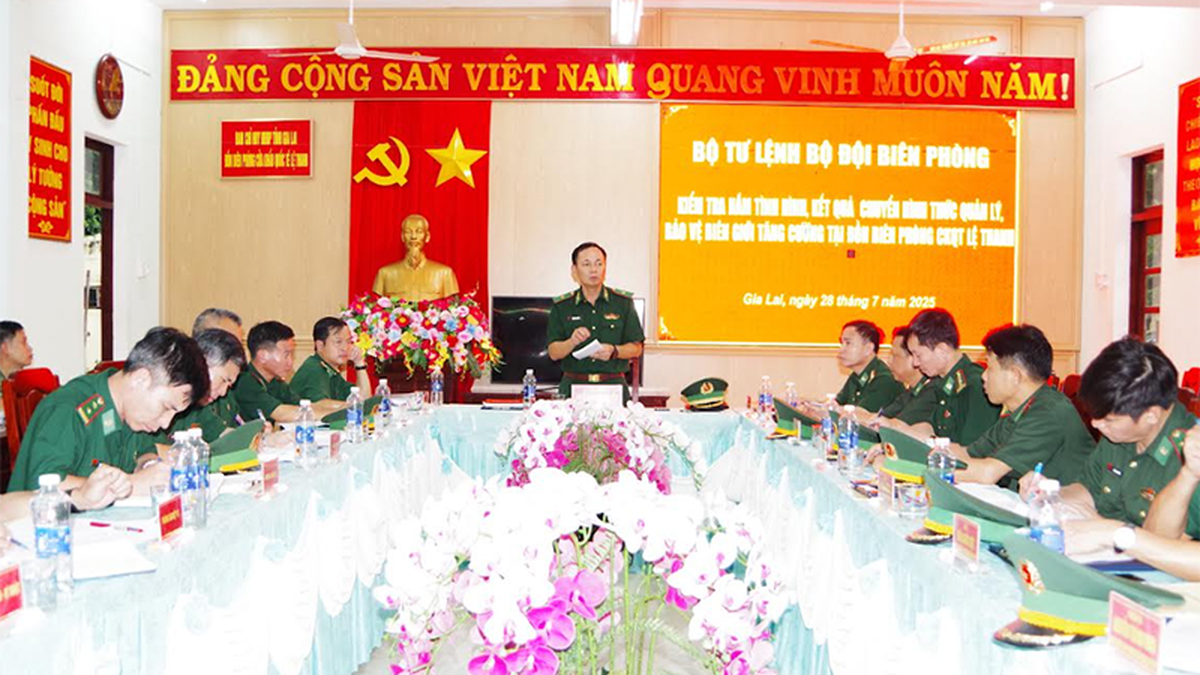
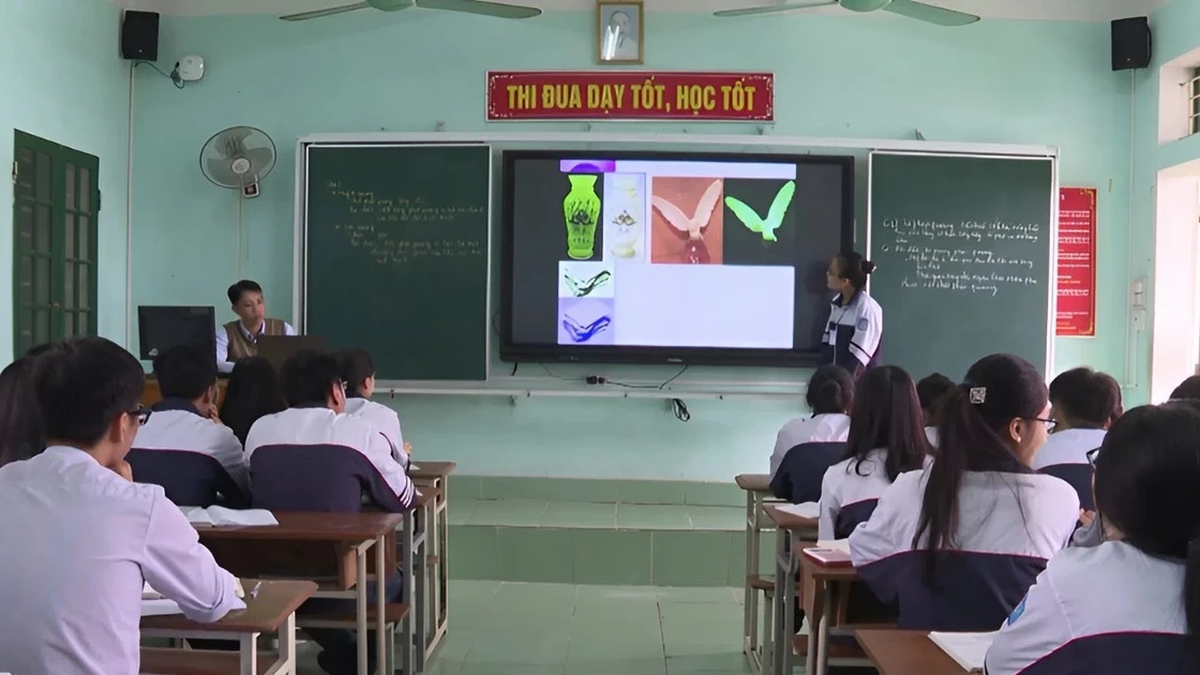
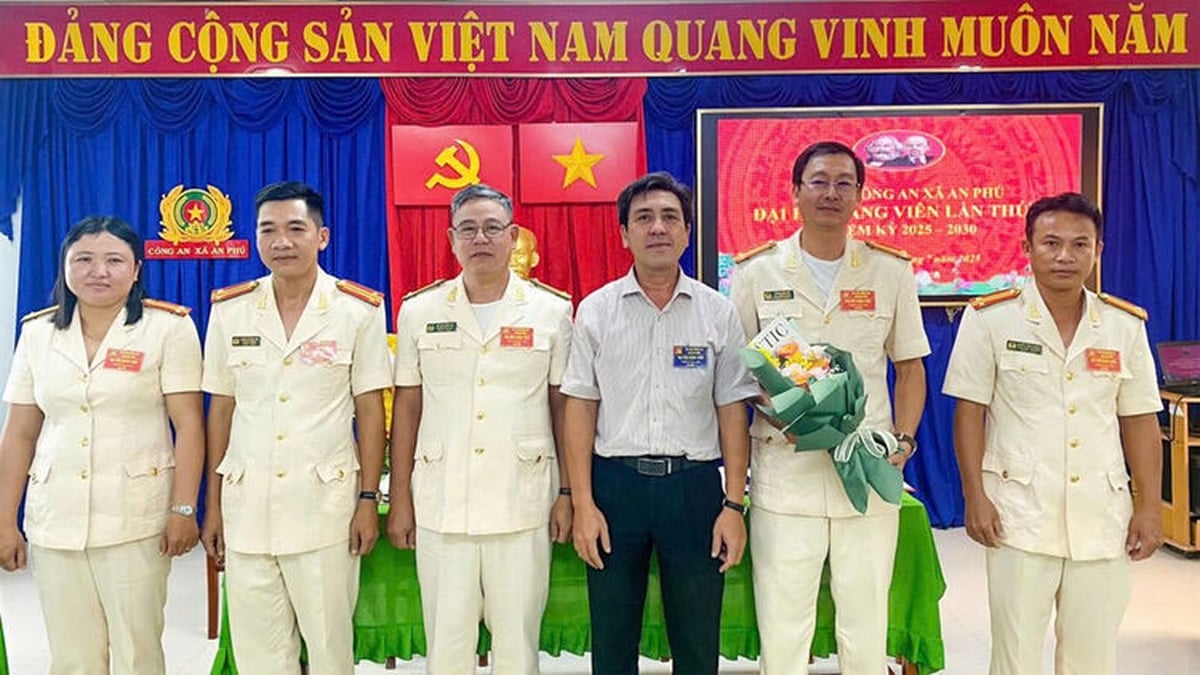


















![[Photo] National Assembly Chairman attends the seminar "Building and operating an international financial center and recommendations for Vietnam"](https://vphoto.vietnam.vn/thumb/1200x675/vietnam/resource/IMAGE/2025/7/28/76393436936e457db31ec84433289f72)





































































Comment (0)